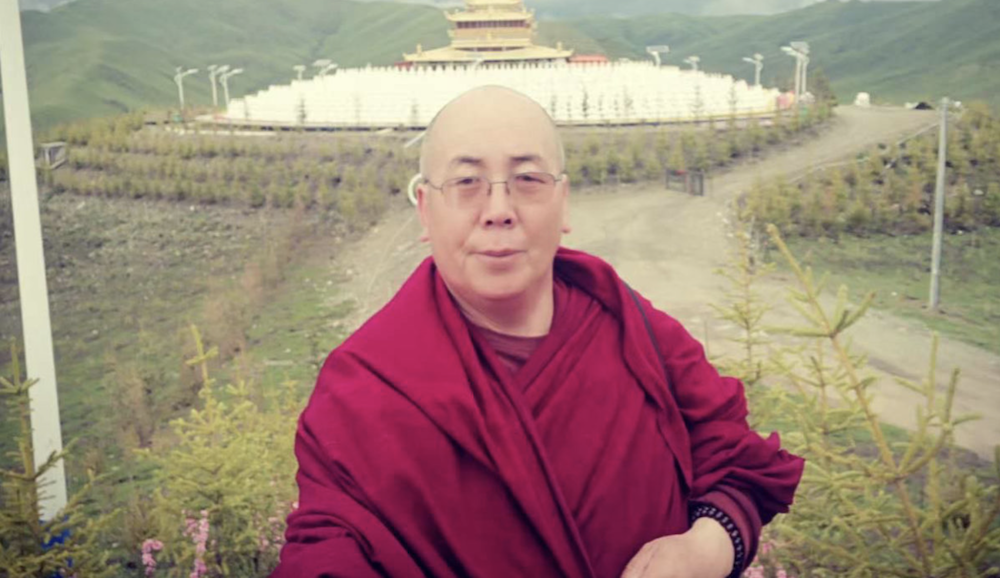By Patricia Nunan
 New Delhi, January 21 – Tibet’s exiled spiritual leader, the Dalai Lama, has expressed his support for the idea of India helping facilitate talks between Tibetan and Chinese leaders. The Dalai Lama has been living in India since 1959, when he fled the Chinese military occupation of his homeland.
New Delhi, January 21 – Tibet’s exiled spiritual leader, the Dalai Lama, has expressed his support for the idea of India helping facilitate talks between Tibetan and Chinese leaders. The Dalai Lama has been living in India since 1959, when he fled the Chinese military occupation of his homeland.
In New Delhi on Wednesday, he praised the governments of China and India for working recently to overcome the decades of suspicion that have divided them. Because of that new trust, he says, India’s leaders and ordinary citizens could help influence how officials in Beijing perceive and handle Tibet. “So therefore, when Chinese are showing genuine concern [for] good relations with India and actually the relations are improving – at such time, the Indian public’s message and public concern would be very important,” he says.
The Dalai Lama was speaking at the official launch of “2004 – the Year of Tibet,” a year-long program of events organized by more than 150 Tibet support groups based in India.
The leaders of the Core Group for the Tibetan Cause, as the support groups are collectively known, have called on the Indian government to take a role in promoting talks between China and the Dalai Lama’s Tibetan government-in-exile.
China completed its initial invasion of Tibet in 1951, eventually sending the Dalai Lama fleeing to India, where he heads the government-in-exile from the northern town of Dharamsala. He won the 1989 Nobel Peace prize for his efforts to improve the rights of the Tibetan people, and to preserve Tibetan culture in the face of Beijing’s program of sending large numbers of ethnic Chinese to live in Tibet.
The Tibetan government-in-exile has dropped its original demand for Tibetan independence, and has been pushing for autonomy within China instead. The Dalai Lama spoke of that goal Wednesday, using the word “ahimsa,” which is Sanskrit for “peace.” “Our ultimate aim is for Tibet to be zone of Ahimsa. That’s our goal,” he says. “I’m not saying independence. I’m not saying separation (from) China. Within China, Tibet should be a special zone.” India and China started a new series of talks last year aimed at resolving a border dispute that has hampered their relations since the 1960s, and relations between the two Asian giants have been improving ever since.









